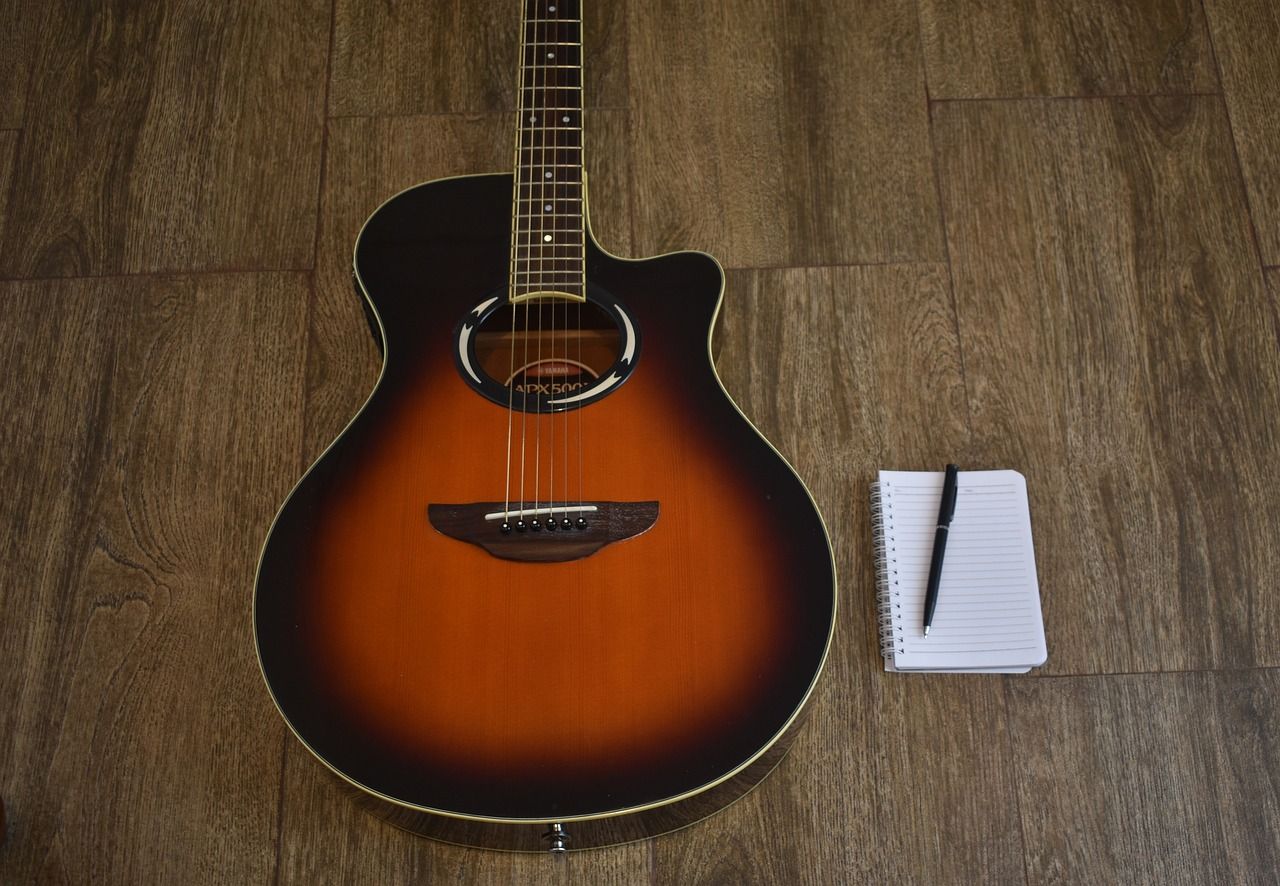Becoming a successful songwriter can be both fulfilling and lucrative. If you have a talent for crafting lyrics and melodies, there are numerous ways to monetize your skills. In this detailed guide, we will explore various strategies and methods on how to earn money as a songwriter.
Understanding the Songwriting Industry
Before diving into the different ways to earn money as a songwriter, it is important to understand how the songwriting industry works. Songwriters can earn income through multiple revenue streams, including royalties, licensing, and direct sales. Here are the key revenue streams for songwriters:
Performance Royalties:
- These are earned whenever your songs are performed live or played on radio, TV, or online streaming services.
- Performance rights organizations (PROs) like ASCAP, BMI, and SESAC collect these royalties on your behalf.
Mechanical Royalties:
- These are earned from the sale or reproduction of your music, such as physical sales, digital downloads, and streaming.
- Mechanical royalties are collected by organizations like the Harry Fox Agency or your music publisher.
Synchronization (Sync) Licensing:
- This involves licensing your music for use in films, TV shows, commercials, video games, and other media.
- Sync licensing can be a significant source of income if your song is used in popular media.
Print Music Royalties:
- These are earned from the sale of sheet music or lyric books.
Direct Sales and Commissions:
- Selling your songs directly to artists, labels, or music libraries.
- Taking commissions to write custom songs for specific projects or clients.
Steps on How to Earn Money as a Songwriter
1. Join a Performance Rights Organization (PRO)
Joining a PRO is essential for collecting performance royalties. Choose a PRO that suits your needs and register your songs with them. Some popular PROs include:
- ASCAP: American Society of Composers, Authors, and Publishers.
- BMI: Broadcast Music, Inc.
- SESAC: Society of European Stage Authors and Composers.
2. Register with a Mechanical Rights Organization
Ensure your songs are registered with a mechanical rights organization to collect mechanical royalties. The Harry Fox Agency is a well-known organization in the United States, but other countries have their own agencies.
3. Utilize Digital Distribution Platforms
Distributing your music digitally can help you reach a wider audience and generate income through streams and downloads. Some popular digital distribution platforms include:
4. License Your Music
Sync licensing can be a highly lucrative revenue stream as a songwriter. Consider partnering with music licensing companies or libraries that can help place your songs in films, TV shows, commercials, and video games. Some popular music licensing companies include:
- Musicbed
- Audio Network
- Pond5
5. Sell Your Songs Directly
Selling your songs directly to artists, labels, and music libraries can provide a steady income. Create a catalog of your best work and promote it to potential buyers. You can use platforms like:
- Songbay
- AirGigs
- SoundBetter
6. Offer Custom Songwriting Services
Many individuals and businesses are willing to pay for custom songs. Offer your services to write personalized songs for weddings, anniversaries, advertisements, and other special occasions. Websites like Fiverr and Upwork can help you find clients.
7. Create and Sell Sheet Music
If you have the skills to create sheet music, this can be another income stream. Sell your sheet music through platforms like:
- Musicnotes
- Sheet Music Plus
Building an online presence can help you reach a broader audience and attract more opportunities. Use social media platforms like Instagram, Facebook, and Twitter to showcase your work and connect with potential clients. Start a YouTube channel or a blog to share your songwriting process, tips, and performances.
9. Network with Industry Professionals
Networking is crucial in the music industry. Attend music conferences, workshops, and events to meet other songwriters, producers, and industry professionals. Building strong relationships can lead to collaborations and new opportunities.
10. Teach Songwriting
If you have significant experience and expertise, consider teaching songwriting. You can offer private lessons, workshops, or online courses. Websites like Udemy and Teachable allow you to create and sell your courses to a global audience.
Tips for Success as a Songwriter
- Keep Writing: Consistency is key. Write regularly to hone your skills and expand your catalog.
- Stay Updated: Keep up with industry trends and changes to stay relevant.
- Diversify Your Income Streams: Don’t rely on a single source of income. Explore multiple revenue streams to maximize your earnings as a lyricist.
- Protect Your Work: Always copyright your songs to protect your intellectual property.
- Be Persistent: Success in the music industry takes time and effort. Stay persistent and continue pursuing opportunities.
Frequently Asked Questions (FAQs)
1. How do songwriters get paid?
Songwriters get paid through various revenue streams including performance royalties, mechanical royalties, sync licensing fees, and direct sales. Joining a PRO and a mechanical rights organization is essential to ensure you receive these payments.
2. Can I earn money as a lyricist without composing music?
Yes, lyricists can earn money by collaborating with composers or selling their lyrics to artists and music producers. Networking and building relationships with composers and artists can help you find opportunities.
3. How can I get my songs on TV shows and movies?
Getting your songs on TV shows and movies typically involves licensing your music through a sync licensing company or music library. Building relationships with music supervisors can also increase your chances of getting placements.
4. Is it necessary to have a music publisher?
While not necessary, having a music publisher can help you navigate the industry, secure deals, and collect royalties. Publishers can also assist in promoting your songs and getting them placed in various media.
5. How much can a songwriter earn from a hit song?
The earnings from a hit song can vary greatly depending on factors like the song’s popularity, the platforms it’s played on, and the revenue-sharing agreements in place. Hit songs can potentially earn millions in royalties and licensing fees.
Conclusion
Earning money as a songwriter requires a combination of talent, persistence, and strategic planning. By understanding the different revenue streams and utilizing various methods to monetize your skills, you can build a successful career in songwriting. Keep writing, networking, and exploring new opportunities to maximize your earnings and make your mark in the music industry.
For further reading, explore these related articles:
- Deliver My Tune’s Exciting New Services!
- How to Submit Your Music on Spotify Playlists
- How to Get Your Music Played on Radio
For additional resources on music marketing and distribution, visit Deliver My Tune.






